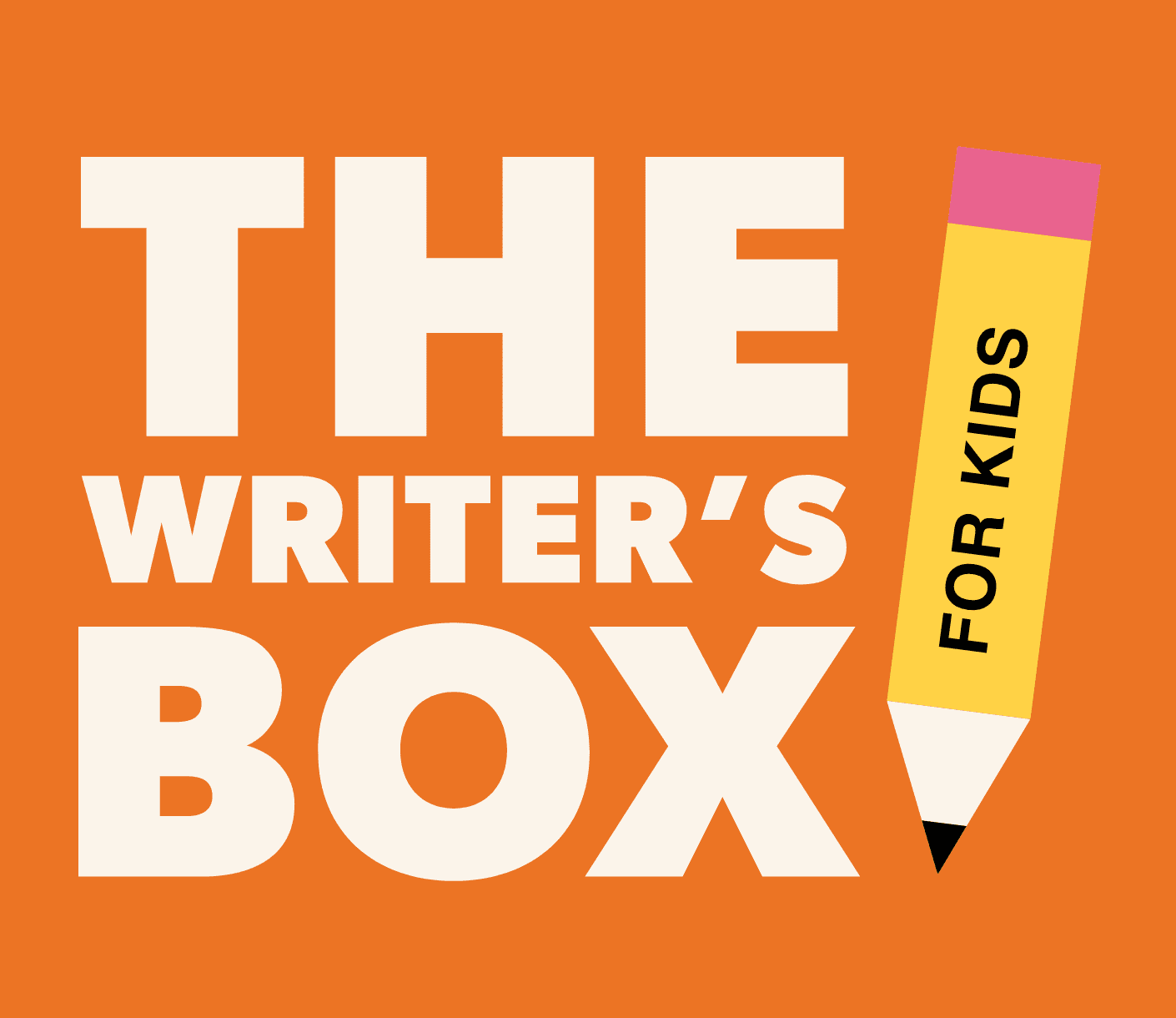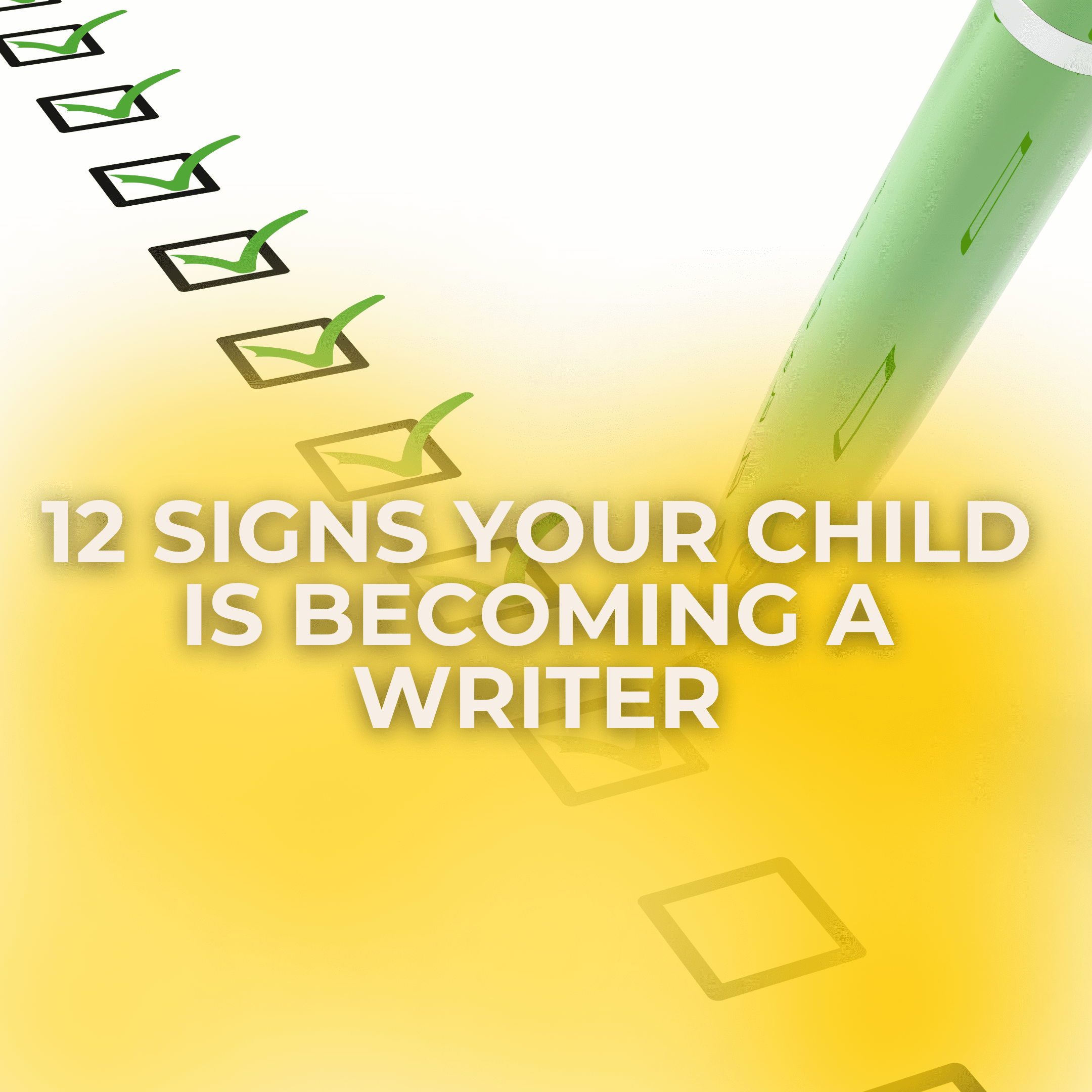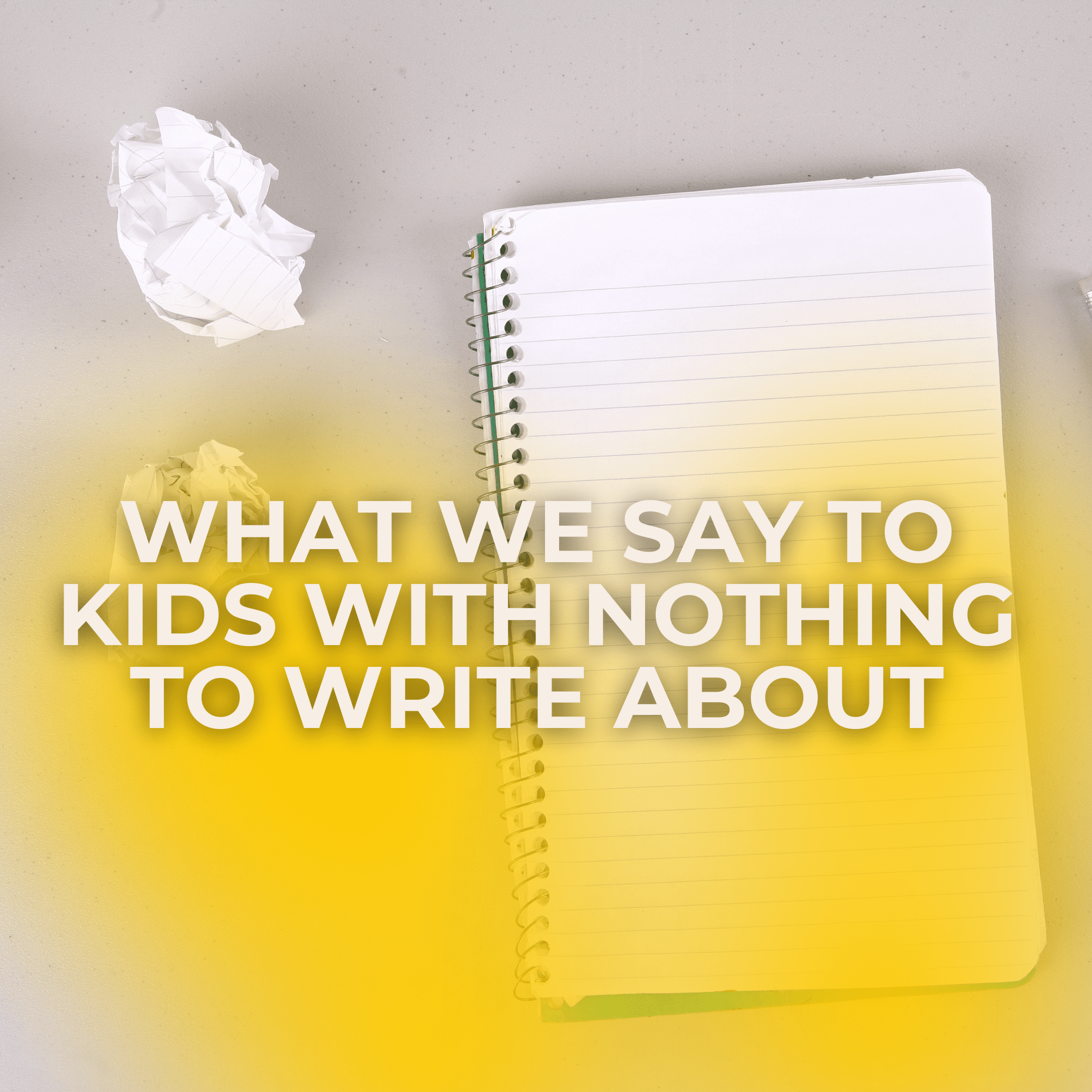Schools hold creative writing sessions to foster children’s creative thinking, writing, and storytelling skills. However, these sessions are standard and may not cater to each child’s creative flights and avenues.
However, you can engage your kids in creative writing at home if their school does not hold such sessions. It can seem difficult, but it is entirely doable. Of course, you can’t hire a professional writer, but you can do other things that will help build their creative writing skills. You can make the best use of available time by following some practical, creative writings tips below:
Create Time
One of the first creative writing tips to hold a fruitful session for kids at home is to try and choose a regular time. You may have a busy schedule, so having a defined time for the activity will be easier for you to manage.
Allocating a certain time slot regularly, a few times a week, will help build the habit in children for the activity. If they start enjoying it, chances are they will start planning for it too. They may also start looking forward to it. For instance, you can block one hour in the evening. You can use that time to assemble with your kids, get the stationery and reading work together and then begin the activity.
Create a Space
Another creative writing tip is to dedicate a special corner for the activity. It is important to dedicate a particular space for kids writing. Most kids feel that the area for their creative writing activity should be different from where they do their homework.
Creating a separate nook dedicated to creative writing in your house will make that association and help them think better. A change of scenery can also help, and you can also take the activity outside. Just changing the location of the activity can help kids focus more.
Writer’s Notebook
A notebook is a writer’s most useful asset. Any good writer always carries their notebook with them or everywhere. If you can give the kids their dedicated notebook, it will be a great way for them to generate creative ideas.
They should use the notebook exclusively for noting creative ideas. If you don’t have notebooks to give out, you can make use of scraps of paper and even the back of cereal packets because kids are resourceful and can happily use anything.
Write Something
Children are great at coming up with stories. They can craft interesting tales about their school life, friendship, and other observations if given some direction or free thought. Use this as an opportunity to encourage them to write what they’re thinking. You can also use story cubes to help generate ideas.
Children’s stories are mostly influenced by the cartoon characters they like. Just be careful not to tell them everything to write. Let them explore and create their own stories. Also, don’t comment on how good or bad it is whatever they have written. You can always suggest improvements later on. But telling your kids what they have written is bad can be discouraging.
Don’t Aim for Perfection
You don’t have to aim for perfection when engaging kids in creative writing. You just have to encourage them to give it their best shot. The same goes for the writing session as well. You may have an idea that the session should proceed a certain way but be prepared for surprises.
Many things can go wrong, and the entire activity may not go as planned. With children, things can be very unpredictable. Most things that are worth doing are chaotic and scary. It is true for writing and creative writing sessions with kids as well. So avoid setting expectations and try going with the flow. You may, however, have to develop a rough direction for the session.
Don’t Beat Yourself Up
If things don’t go as planned during your creative writing session with the kids, there is no need to beat yourself up about it. If you are not a professional writer or teacher, you will learn about it yourself, which is perfectly fine. There is always an opportunity to begin over again. If you are really invested in helping your kids learn creative writing skills, don’t give up so easily.
Find out what resonates with them more and try incorporating activities that interest them. To help increase their vocabulary, encourage them to read books of different genres. You can also use creative writing worksheets if your children are young. Introduce word games in the sessions so that it’s interactive, and the kids get to learn new words that they can use in their writing.
Make it Fun
Creative writing sessions should not be disciplined, and they should definitely not be boring. Kids need to feel relaxed to get their creative juices flowing. You can incorporate games and fun activities to encourage writing and make it interesting. Games like crossword puzzles or ‘write the word’ are great for children. It also helps keep them interested.
Connect Their Interests
Children are often obsessed with their favorite books or characters. Think about your child’s interests and create activities that align with them. You can encourage them to write a few lines about their favorite character or a summary of their favorite book. This will encourage them to think and use their own words and thoughts for writing.
Conclusion
Writing is a practical life skill that helps in several ways. Helping your kids develop creative writing acumen can be difficult in the beginning. Still, with patience and time, it can be turned into a fun activity that everyone enjoys and looks forward to.
You can incorporate these simple creative writing tips to craft engaging sessions and incorporate different games and tactics in each session to keep it interesting. If initially, your children are not interested in writing, read out stories to them to ignite their interest. You can explore a variety of ways to enable them to learn language skills and creative thinking.













